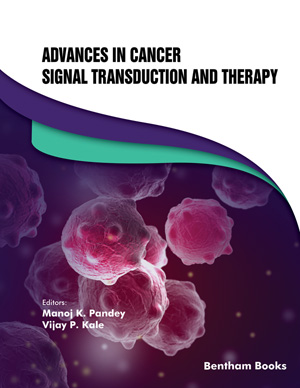Abstract
Epidermal growth factor receptor (EGFR) expression regulates cancer cell proliferation, survival, and metastatic potential and is associated with the majority of human carcinomas, including colorectal carcinoma. The relationship between EGFR expression and its prognosis in cancer patients, however, has not been proven in clinical settings. Various preclinical studies suggest that the oncogenic potential of EGFR is associated with levels of EGFR ligands. Mutations in EGFR family ligands and their receptors are characteristic of many different kinds of tumors. Therefore, this signaling axis is an attractive target for the development of targeted therapies. Various small molecule inhibitors and antibodies are in clinical trials that specifically target EGFR.
Here, we will discuss the current literature’s attempts to identify markers, which contribute resistance and sensitivity to small molecule EGFR inhibitors. Moreover, we will summarize the role of EGFR in the development of colon cancer. We will discuss the mechanistic basis for EGFR interaction with various molecules, its consequences for biology, and its prospective importance as a target for colon cancer therapy.Keywords: Cancer therapy, Cancer cell proliferation, Colon cancer, EGFR ligands, Epidermal growth factor receptor (EGFR), Targeted therapies.






















